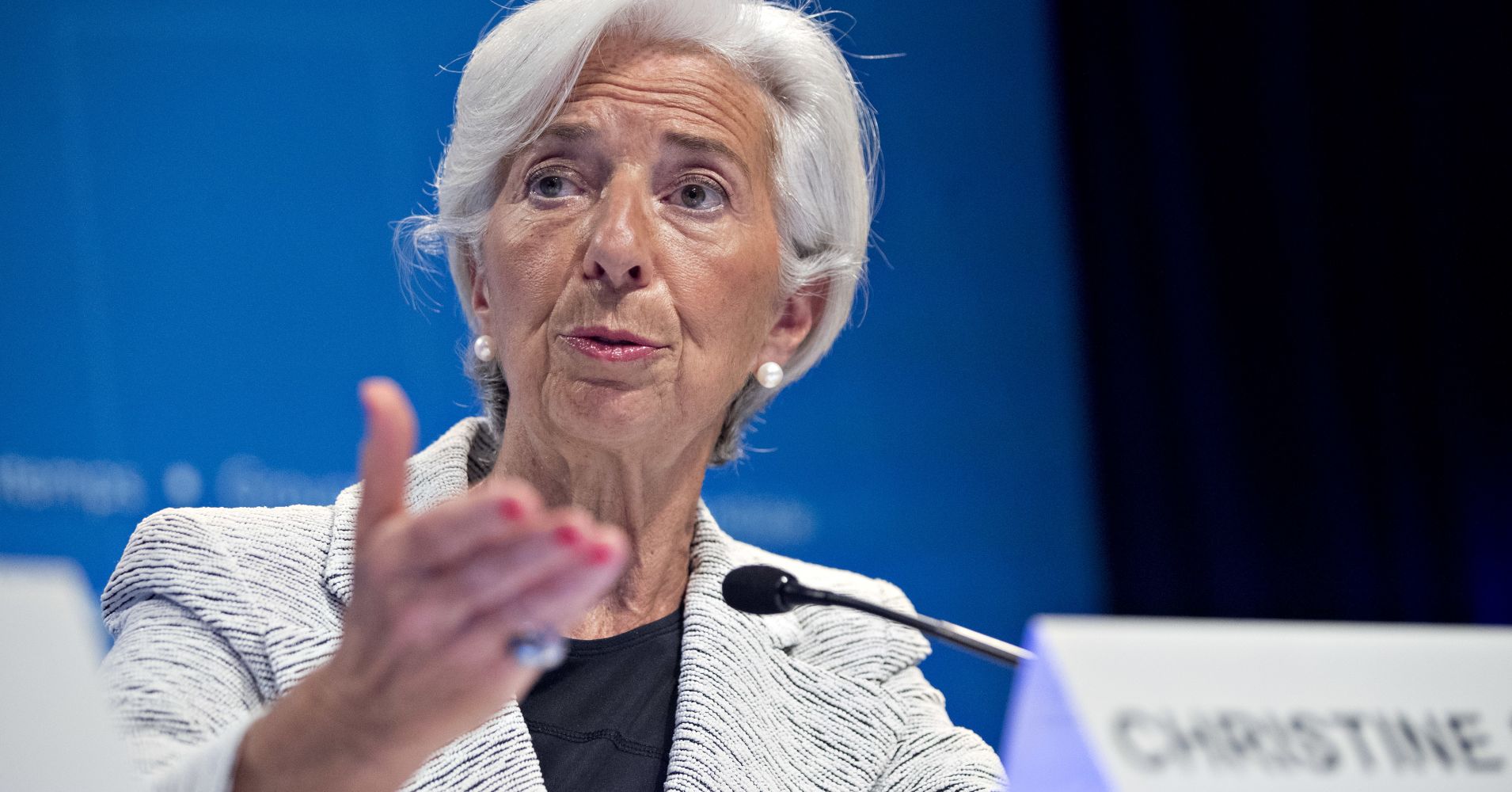Why IMF Chief Christine Lagarde Is Visiting Ghana

It has been confirmed that the Managing Director of the International Monetary Fund, Christine Lagarde is coming to Ghana on December 16th. The visit, which is reported to last till December 18, comes weeks ahead of Ghana’s conclusion of the IMF program.
The information about this development was disclosed by the Deputy Minister of Information, Pius Enam Hadzide at a midweek press briefing, and he elaborated that the visit is a mark of appreciation of the policy direction and solid economic fundamentals. According to him, Ghana’s fiscal rules, which ensure an irreversible signal to the world, is ready for investments.
Christine Lagarde’s visit is expected to help Ghana put it out there that doing business in the country is a move in the right direction, with the potential to unlock good coupon rates on the international bond markets. So while the event is supposed to draw attention as to Ghana remaining a good place for business, the IMF boss’s presence in Accra next week should bring about lifelines in a variety of markets in which the country operates, ultimately fostering economic empowerment and financial liberty at the national level.
Madame Lagarde, among her many Ghanaian schedules, is to participate in the Future of Work in Sub-Saharan Africa Conference in Accra on November 17. This one-day conclave will create an avenue for the Managing Director to strike engagements with thought leaders and influencers hailing from Sub-Saharan Africa for possible discussions and perhaps plans for the organization.
The conference’s objective is to generate a debate on the Future of Work in Africa alongside the policies required to create jobs for the continent’s growing population. Key topics on the agenda center on how Sub-Saharan Africa can manage and leverage the impact of technological change, demographics, climate change and globalization. If anything, those present at the conclave could use some insights and expertise pointers from the IMF boss to design workable solutions to the issues highlighted.
Christine will on the same day hold bilateral conversations with the President of Ghana, Nana Addo Dankwa Akufo-Addo at the Jubilee House. While the agenda with the president is yet unknown, the meet is expected to yield impactful ideas, collaborations and host of other mutual activities that will individually foster growth in Ghana. Also, Ghanaian women entrepreneurs doing well in their fields of work will take some of Lagarde’s time for lunch and discussions.
Ears are on ground and minds are open to listen to and digest Lagarde’s keynote address at a forum in Accra, which is to be attended by government agencies, the central bank, private sector delegates, think tanks, the civil society, NGOs and the academia. While the forum is expected to be quite insightful, the IMF Managing Director will disclose various information the IMF has for Ghana, proffer a way forward for the country and possibly announce collaborations or initiatives to be effectuated in Sub-Saharan Africa in the coming years.
According to Hadzide, Ghana hopes that the visit will strengthen the ties and cordial relationship between the country and the IMF on economic policies. Christine Lagarde will depart Accra on December 18 to head for Johannesburg in South Africa, to complete her four-nation tour across Africa.
The IMF is an organization of 189 countries, working to foster global monetary cooperation, secure financial stability, facilitate international trade, promote high employment and sustainable economic growth, and reduce poverty around the world. Created in 1945, the organization is governed by and accountable to the 189 countries that make up its near-global membership.